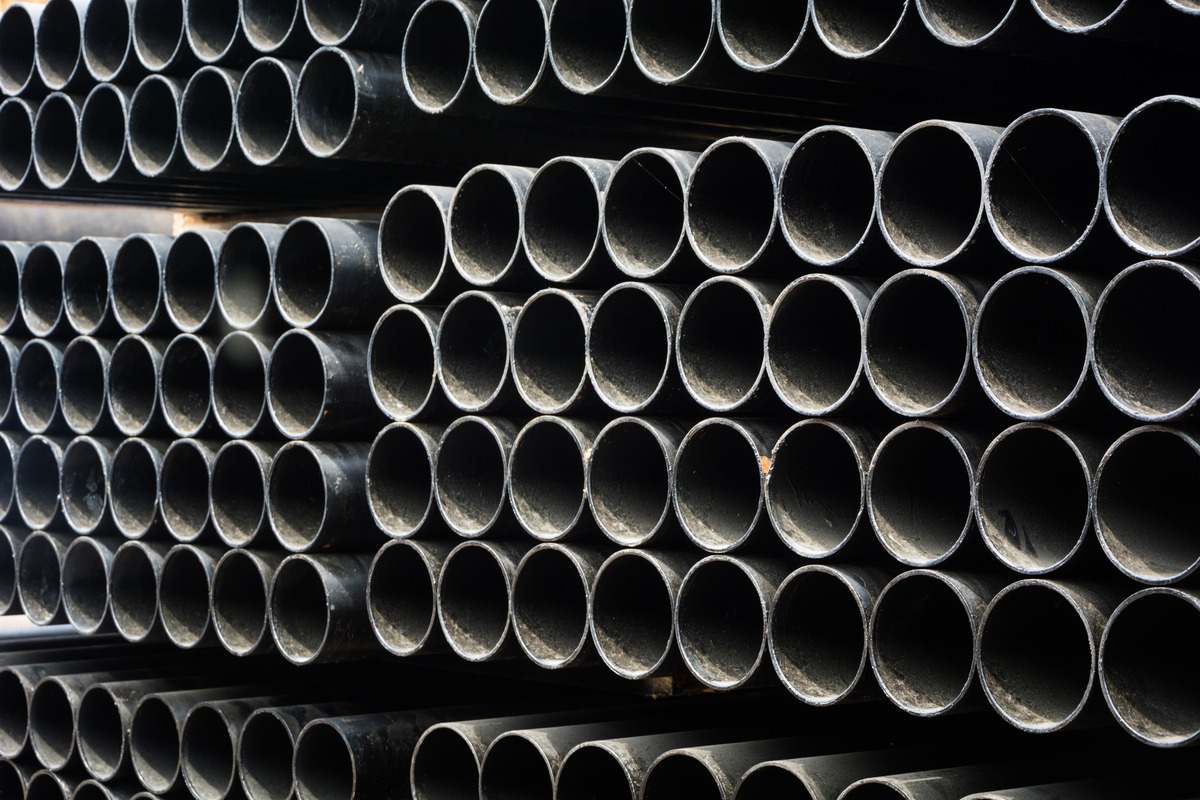Galvanized Iron (GI) pipes play a critical role in various industries, from construction to plumbing. Their durability and quality are paramount for ensuring the longevity and efficiency of piping systems. GI pipe suppliers are at the forefront of this mission, responsible for providing products that meet strict standards and requirements. They serve as the linchpin in the supply chain, ensuring that only the highest quality GI pipes reach the market.
The need for pipes that can withstand the test of time without succumbing to corrosion or wear and tear makes the manufacturing process a focal point of discussion. Understanding how suppliers ensure the durability and quality of these pipes offers insight into the meticulous practices and technological advancements employed in their production. This section delves into the seamless blend of traditional craftsmanship and modern technology that characterizes the manufacturing of GI pipes, highlighting the critical role suppliers play in maintaining these standards.
The Manufacturing Process of GI Pipes
The journey of creating GI pipes begins with the careful selection of high-grade steel. This raw material is foundational, as it dictates the pipe’s strength and flexibility. Suppliers scrutinize the steel’s quality to ensure it meets the industry’s rigorous standards, setting the stage for a durable end product. Following selection, the steel is melted and molded into the desired shape, a process that demands precision to avoid imperfections.
Forming and welding are the next critical steps. The shaped steel is then welded to form a seamless pipe, ensuring no weak points exist along its length. This attention to detail in welding is crucial for the pipe’s structural integrity. After welding, the pipes undergo galvanization, where they are coated in a layer of zinc. This coating is key to preventing rust and corrosion, significantly extending the pipe’s lifespan. The galvanization process involves dipping the pipes in hot zinc, ensuring an even and protective layer.
Final quality checks are integral before the pipes are dispatched to the market. These checks encompass a series of tests designed to ensure the pipes meet the established standards for durability and quality. Inspections for thickness, zinc coating uniformity, and structural integrity are meticulously performed. Through these stringent quality control measures, GI pipe suppliers guarantee that the products are not only durable but also of the highest quality, ready to serve their purpose in various applications.
Ensuring Durability
Durability in GI pipes is not merely a desirable attribute; it’s a necessity. Suppliers play a crucial role in achieving this through the selection of premium-quality steel and precise control over the manufacturing process. The choice of material is the first defense against wear and environmental damage, ensuring that the pipes can withstand physical stress and adverse conditions without degradation. This resilience is critical for applications where reliability over long periods is essential.
The galvanization process further enhances durability. By coating the pipes in zinc, suppliers create a barrier that protects against rust and corrosion, two major threats to the longevity of metal products.A protective layer is added to pipes to increase their suitability for use in various environments. These environments may range from damp underground settings to industrial sites that are exposed to chemicals. The thickness of the zinc coating is closely monitored to strike a balance between shielding and flexibility. This is important to prevent cracks or chips that could expose the underlying steel. Through these measures, suppliers ensure that GI pipes stand the test of time, maintaining their structural integrity and functionality even under challenging conditions.
Quality Assurance Practices
Ensuring the quality of GI pipes involves rigorous quality assurance practices at every stage of the manufacturing process. Suppliers adhere to international standards and certifications to ensure high-quality pipes. Every step, from raw material selection to final inspection, is closely monitored. The implementation of strict quality control measures is fundamental to maintaining consistency and reliability in the products.
Among these practices are various tests and inspections designed to evaluate the pipes’ physical and chemical properties. These include tests for dimensional accuracy, tensile strength, and zinc coating thickness, as well as inspections for defects such as cracks or uneven surfaces. Suppliers also employ advanced technology and machinery to ensure precision in manufacturing, further elevating the quality of the final product. GI pipe suppliers ensure that each pipe exceeds industry standards, making them reliable for their intended purpose through thorough quality assurance procedures.
The Role of Suppliers in Quality and Durability
GI pipe suppliers are more than just distributors; they are pivotal in ensuring the quality and durability of the pipes. Their responsibilities extend far beyond the transaction, encompassing the selection of raw materials, adherence to manufacturing guidelines, and implementation of innovations in production. Suppliers who carefully select their materials set the groundwork for superior quality products. This includes choosing steel of the right grade and ensuring the zinc used in galvanization is pure and effective.
Furthermore, suppliers play a crucial role in continuous quality improvement. By staying abreast of technological advancements and industry standards, they can refine their manufacturing processes for better outcomes. Their innovation commitment improves GI pipes’ durability, quality, and adaptability to various industries’ evolving needs. Suppliers maintain high standards and drive advancements in GI pipes, ensuring their reliability for global construction projects.
Key Takeaway
How GI Pipe Suppliers Ensure Durability and Quality, and rigorous quality assurance practices, these suppliers ensure the durability and quality of GI pipes. Their dedication to adhering to industry standards and implementing continuous improvements has set a benchmark for excellence in the sector. This ensures that the infrastructure and construction industries, among others, have reliable and high-quality pipes at their disposal.
Every stage of the pipe production process undergoes meticulous scrutiny to ensure the highest level of quality and integrity. As the backbone of various critical projects, the quality and durability of GI pipes are paramount. Suppliers play a pivotal role in this, demonstrating that their responsibilities extend far beyond mere distribution. Their ongoing efforts to enhance production processes and embrace innovation underscore their commitment to delivering products that stand the test of time. In this light, GI pipe suppliers are not just vendors but vital partners in building a resilient and efficient future.



